Lessons from the life of Jonah, Part 1
Written by H, Posted in Christian Living, Published Work
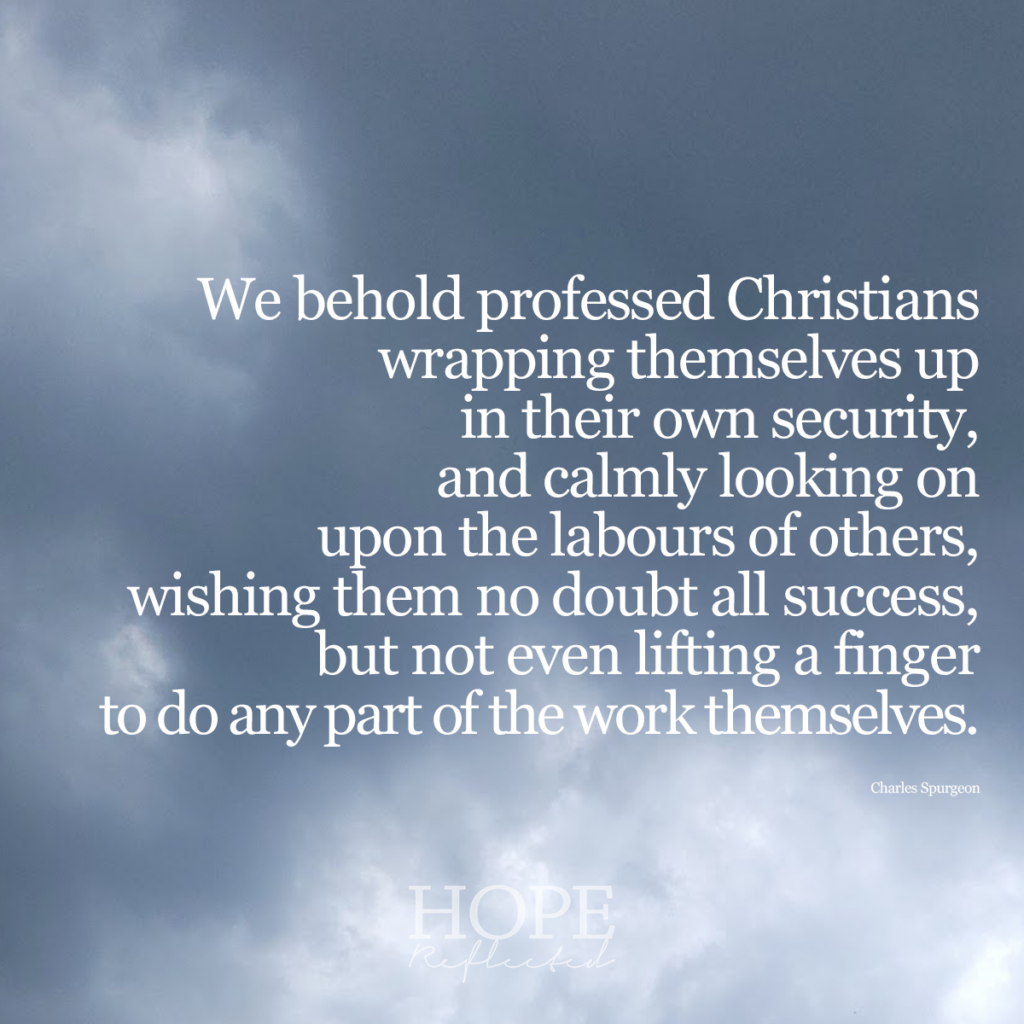
We won’t get far if we flee from God.
Jonah knew this, and yet he still tried to avoid the task that God had laid out for him. “But Jonah rose up to flee unto Tarshish from the presence of the LORD…” (Jonah 1:3). We can run from God, but we can’t hide. Despite knowing this, how come so many of us try to avoid Him? Sometimes God allows us to be put in uncomfortable positions where we have to stand up for inconvenient truths, and we don’t like that. After all, who wants to risk discomfort by speaking up when they could just say nothing instead?
“We can run from God, but we can’t hide.
Hope Reflected
Despite knowing this, how come so many of us try to avoid him?
David asked in Psalm 139, “Whither shall I go from thy spirit? Or whither shall I flee from thy presence?” (v. 7). The answer is that there is nowhere we could ever go that will escape the presence of God. The wording used in Jonah 1:3, “from the presence of the LORD,” is the same wording used in Genesis 4:16 when Cain went out “from the presence of the LORD”. As Cain willingly forsook God, Jonah did likewise. Even though we try to abandon God, He will never abandon us.
God loves us so much that He will move heaven and earth to get our attention and draw us to Him.
After Jonah tried to get away from God, God used a storm to get his attention. “But the LORD sent out a great wind into the sea, and there was a mighty tempest…” (Jonah 1:4). The sad part is that in the midst of the storm, Jonah wasn’t afraid; he was asleep. The other men on the ship woke him and said, “What meanest thou, O sleeper?” (1:6). They were more concerned about their welfare than Jonah was. God has a purpose for each one of us, to effect both our own lives as well as the lives of those around us. Spurgeon wrote that “we behold professed Christians wrapping themselves up in their own security, and calmly looking on upon the labors of others, wishing them no doubt all success, but not even lifting a finger to do any part of the work themselves.” No doubt, God is using our present circumstances and storms to alert our attention, and we must choose whether or not we awaken to action.
God hears us when we pray with a pure and repentant heart.
For Jonah, it took being tossed into the depths of the sea and being swallowed up by a great fish that God had prepared (Jonah 1:17) to wake up. God has a way of using hard times and opposition to bring us back to Him. Jonah, stuck in the disgusting ditch of the fish’s belly cried out to God and prayed, “Salvation is of the LORD.” (Jonah 2:9). God hears us when we pray with a pure and repentant heart. God is merciful. Jonah said himself, “thou art a gracious God, and merciful, slow to anger, and of great kindness…” (Jonah 4:2). What a parallel to David’s prayer in Psalm 86, “For thou, Lord, art good, and ready to forgive; and plenteous in mercy unto all them that call upon thee.” (v. 5).







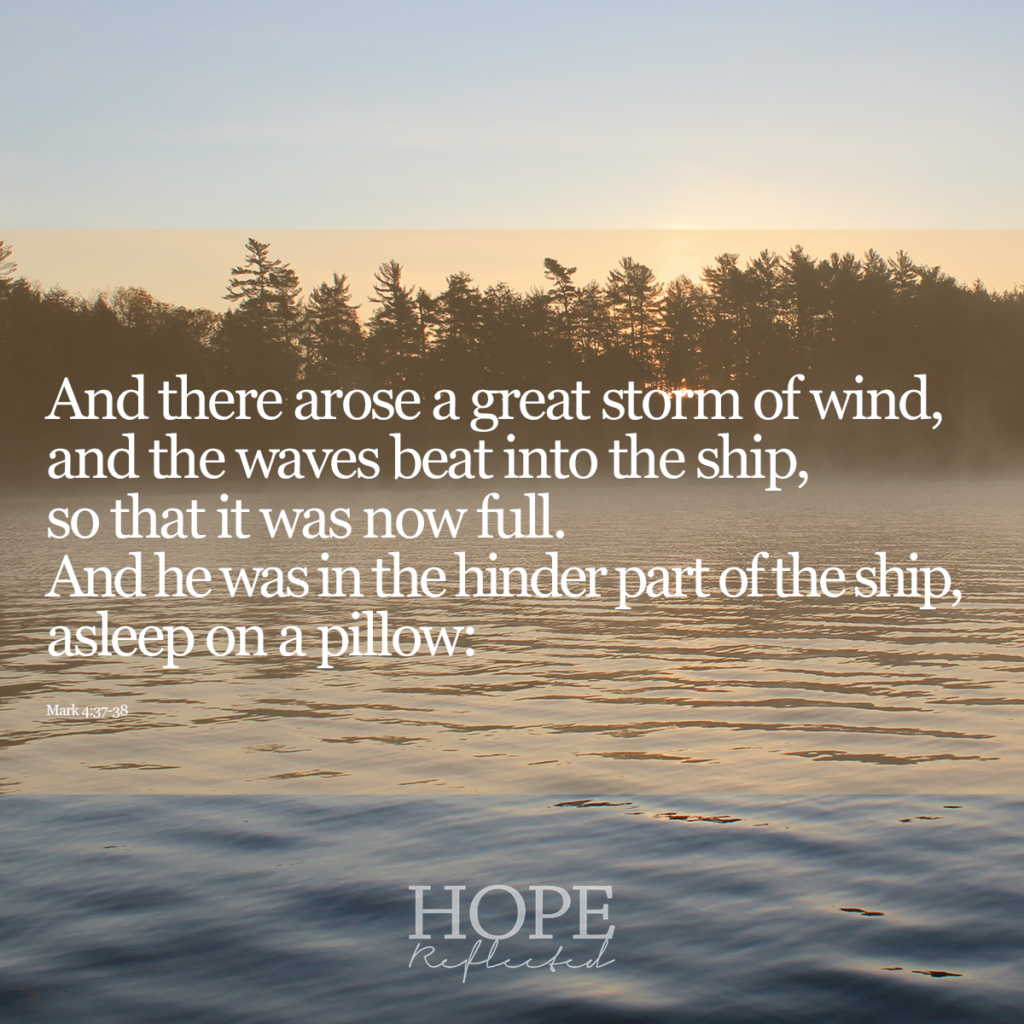
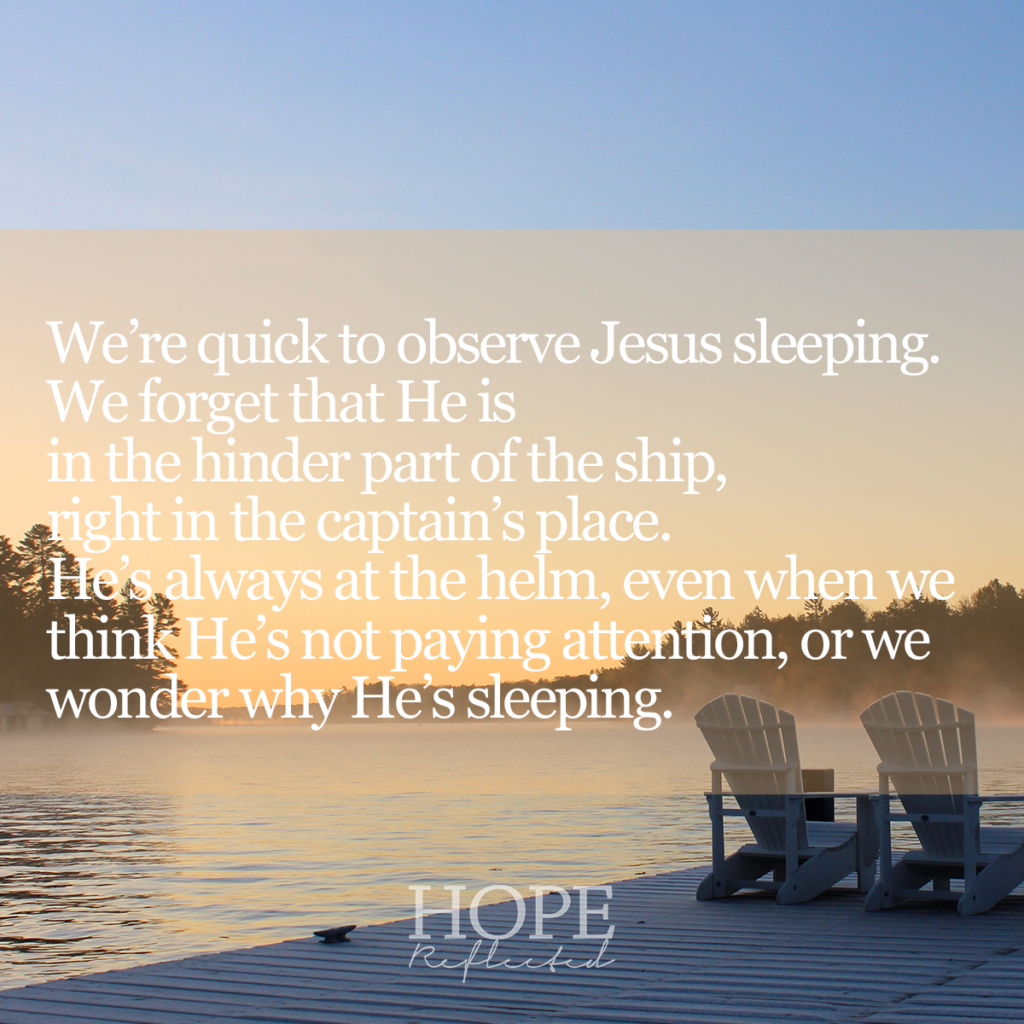
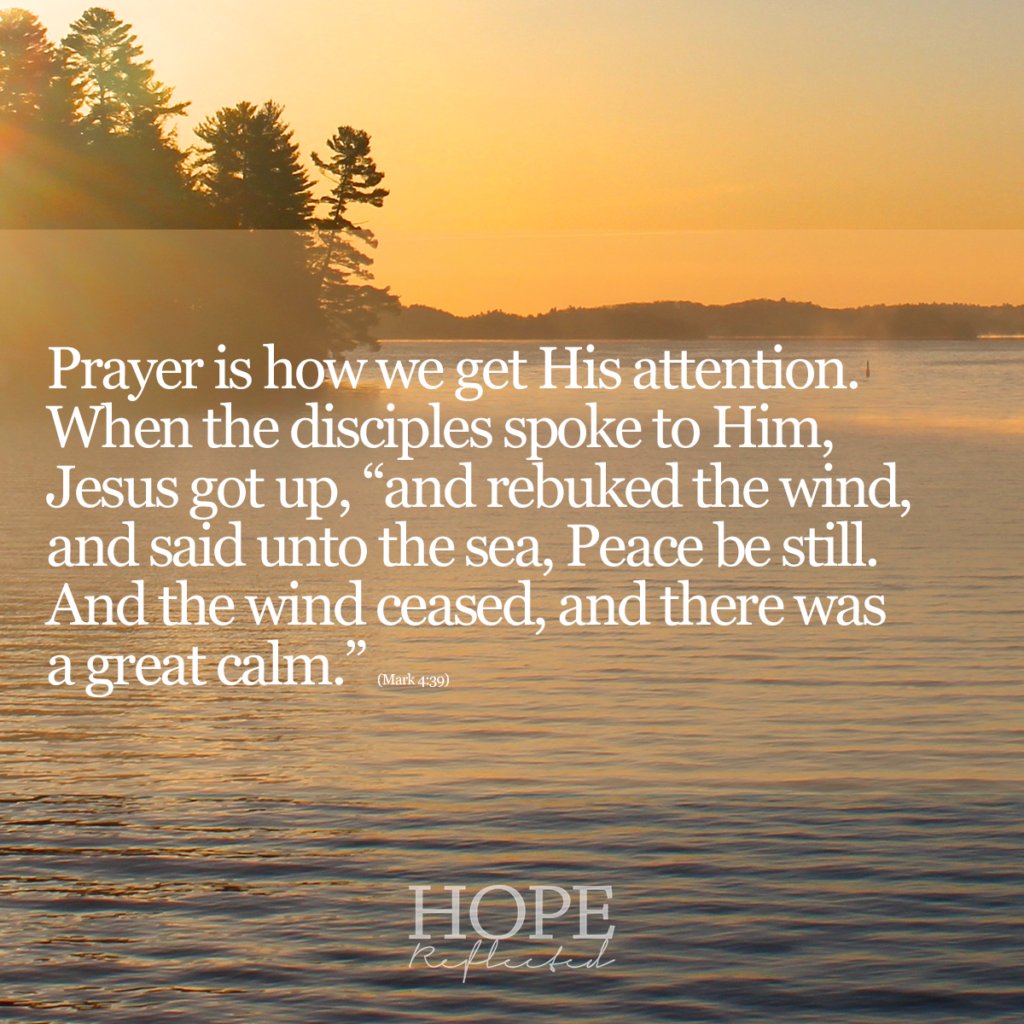

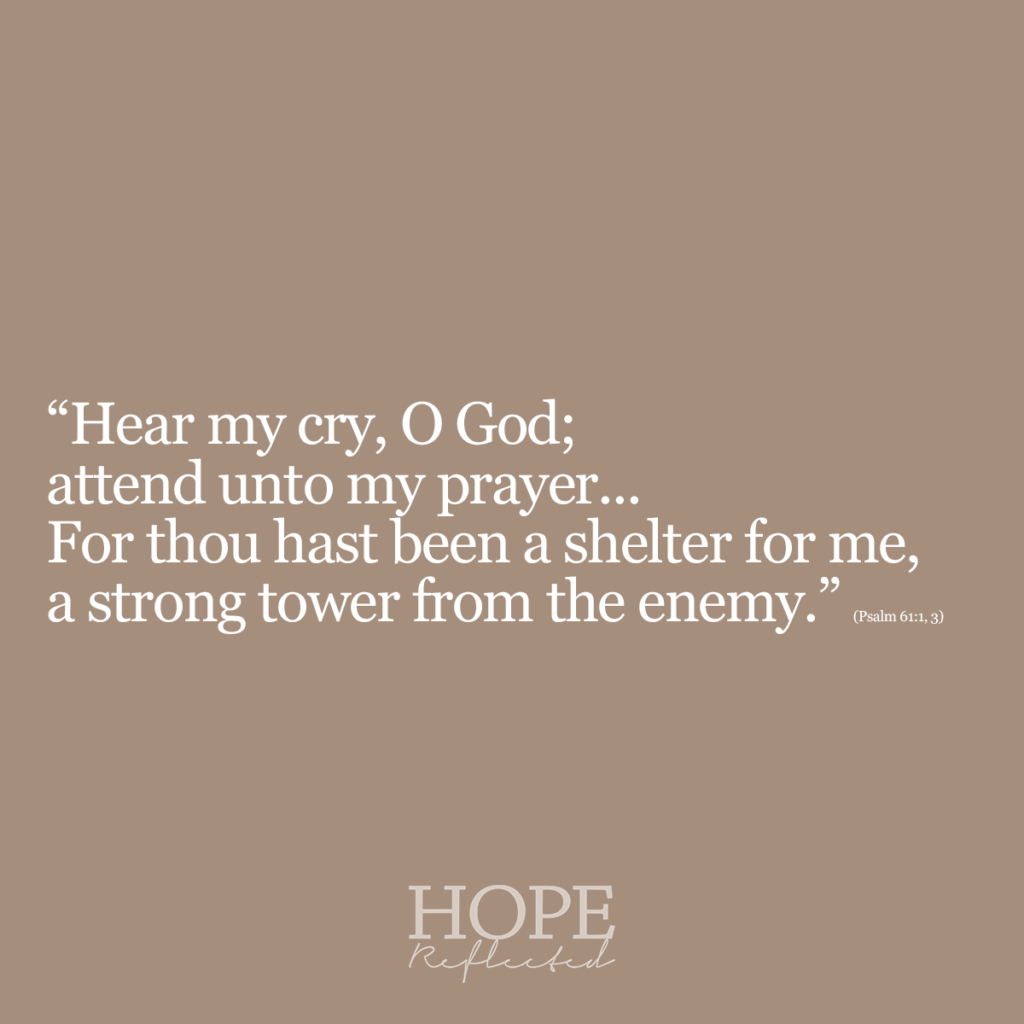
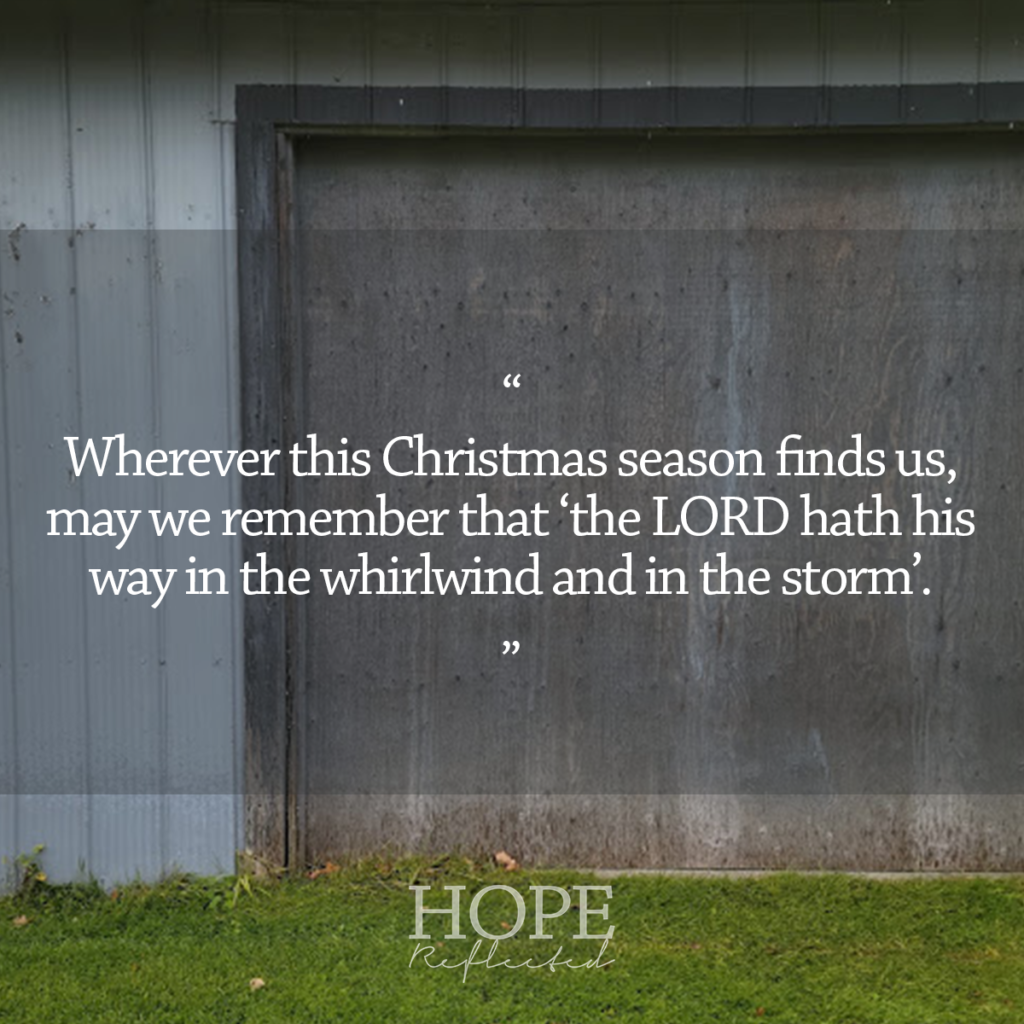
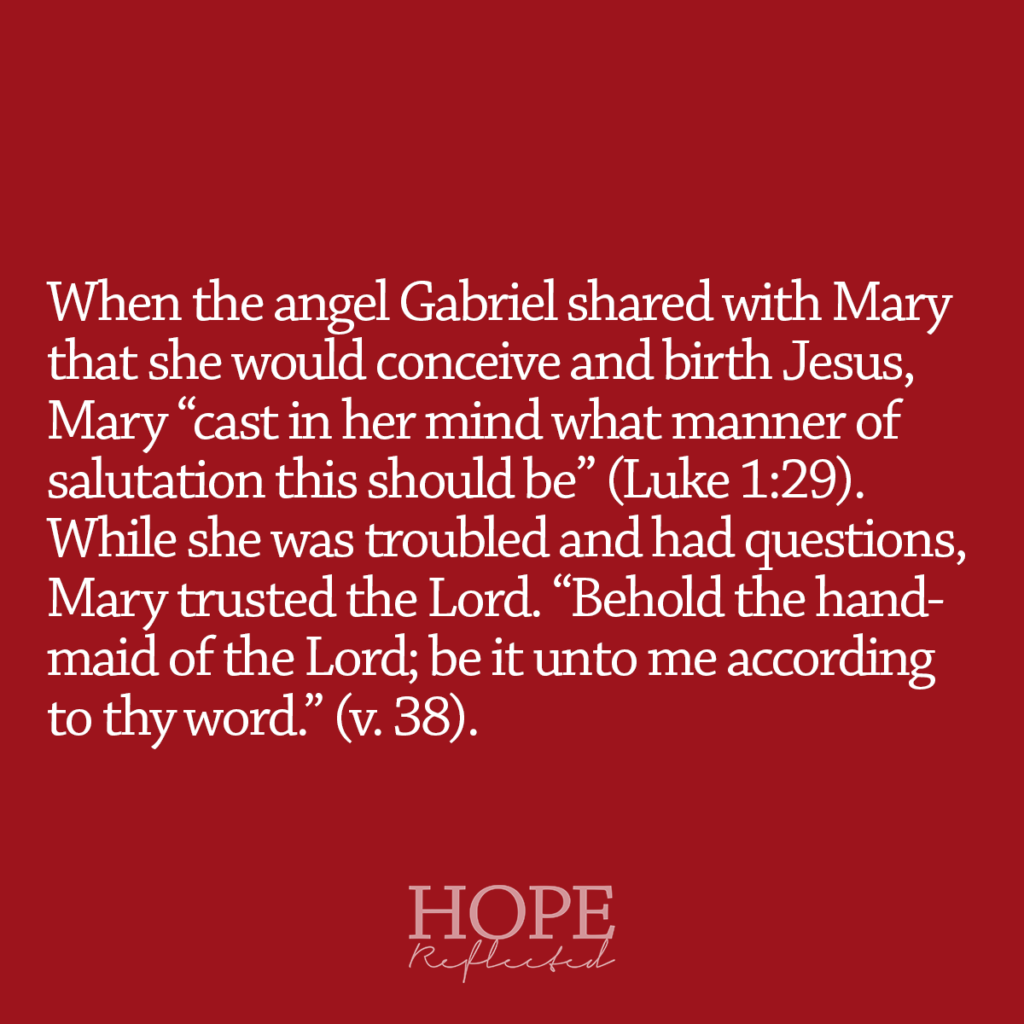
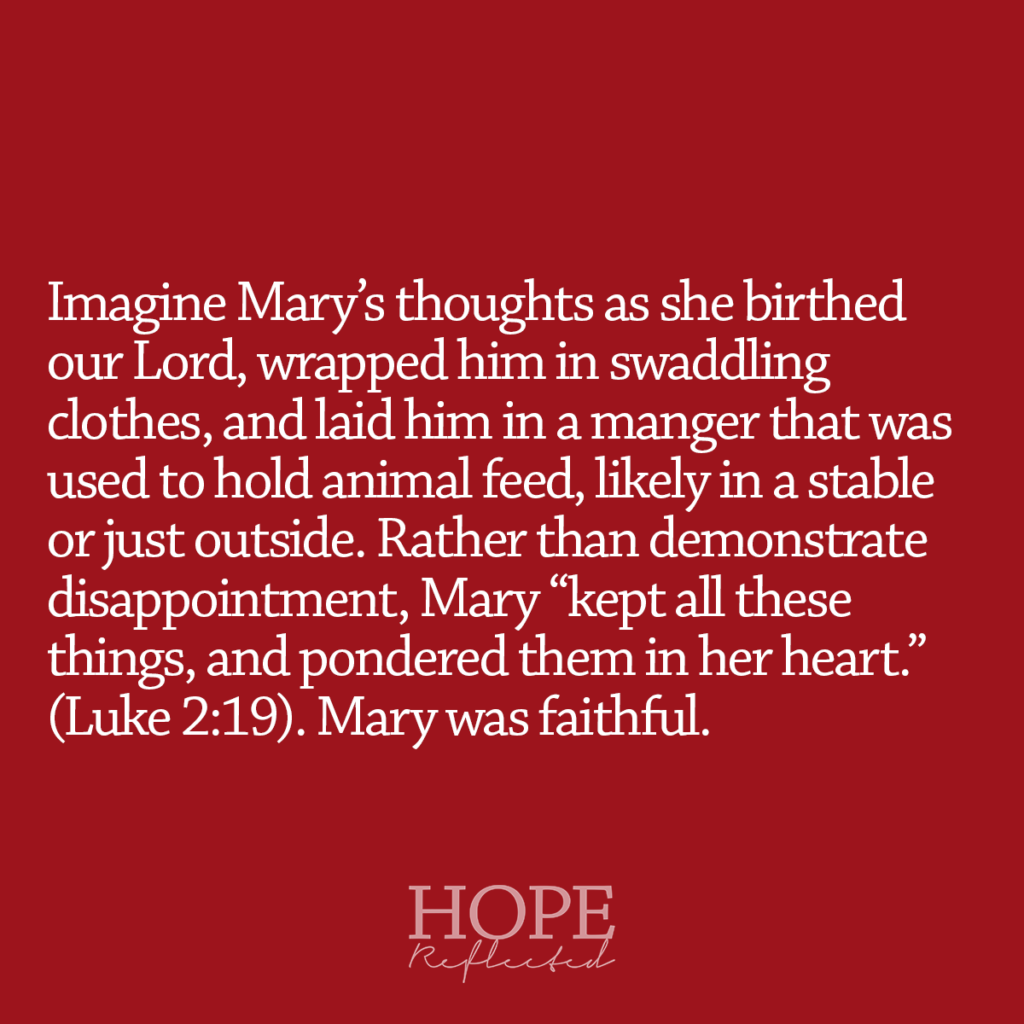



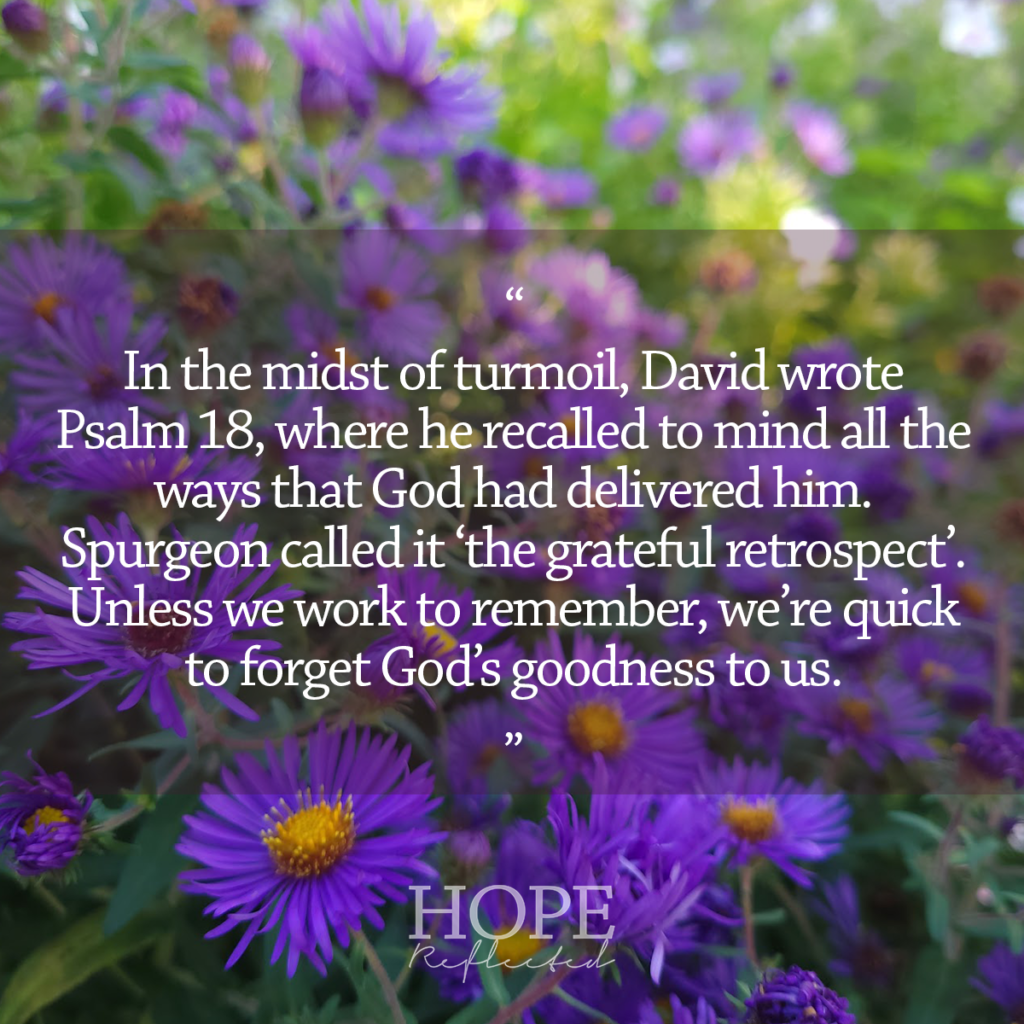
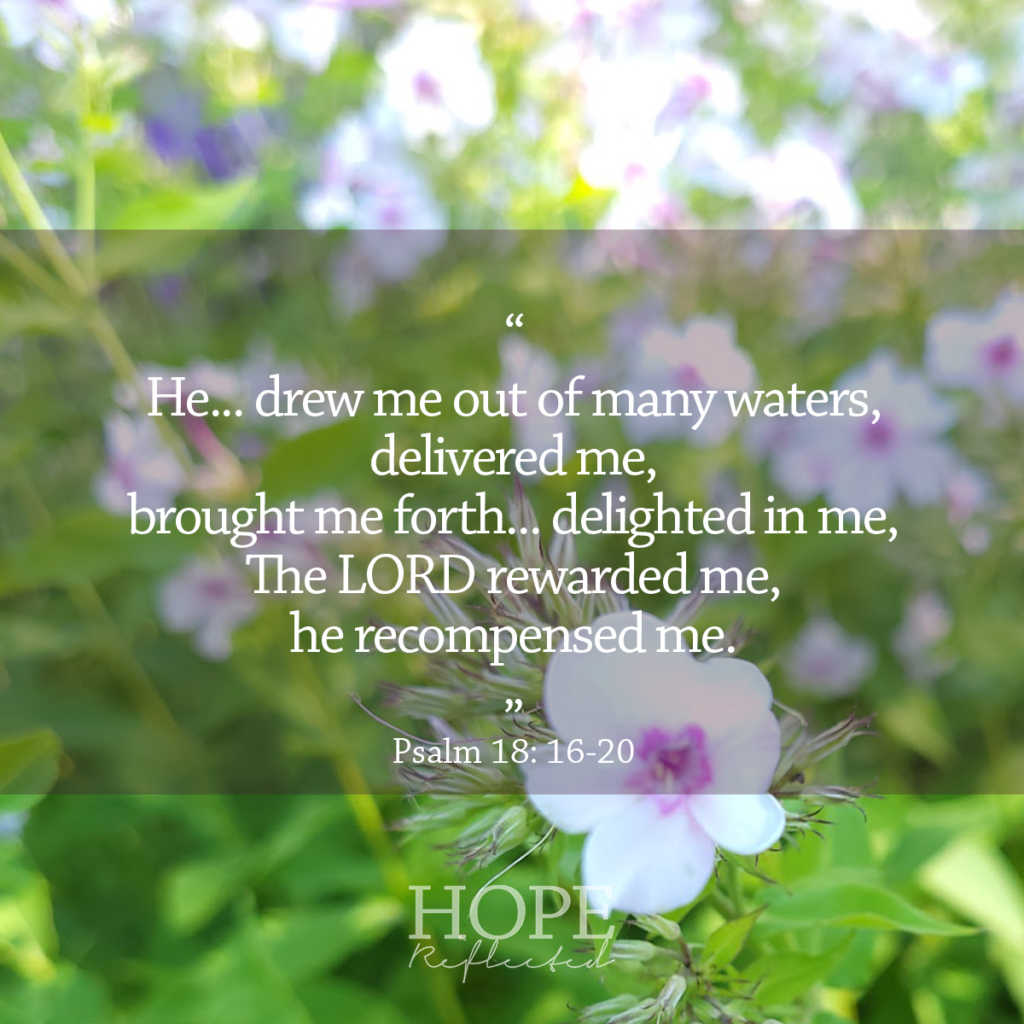

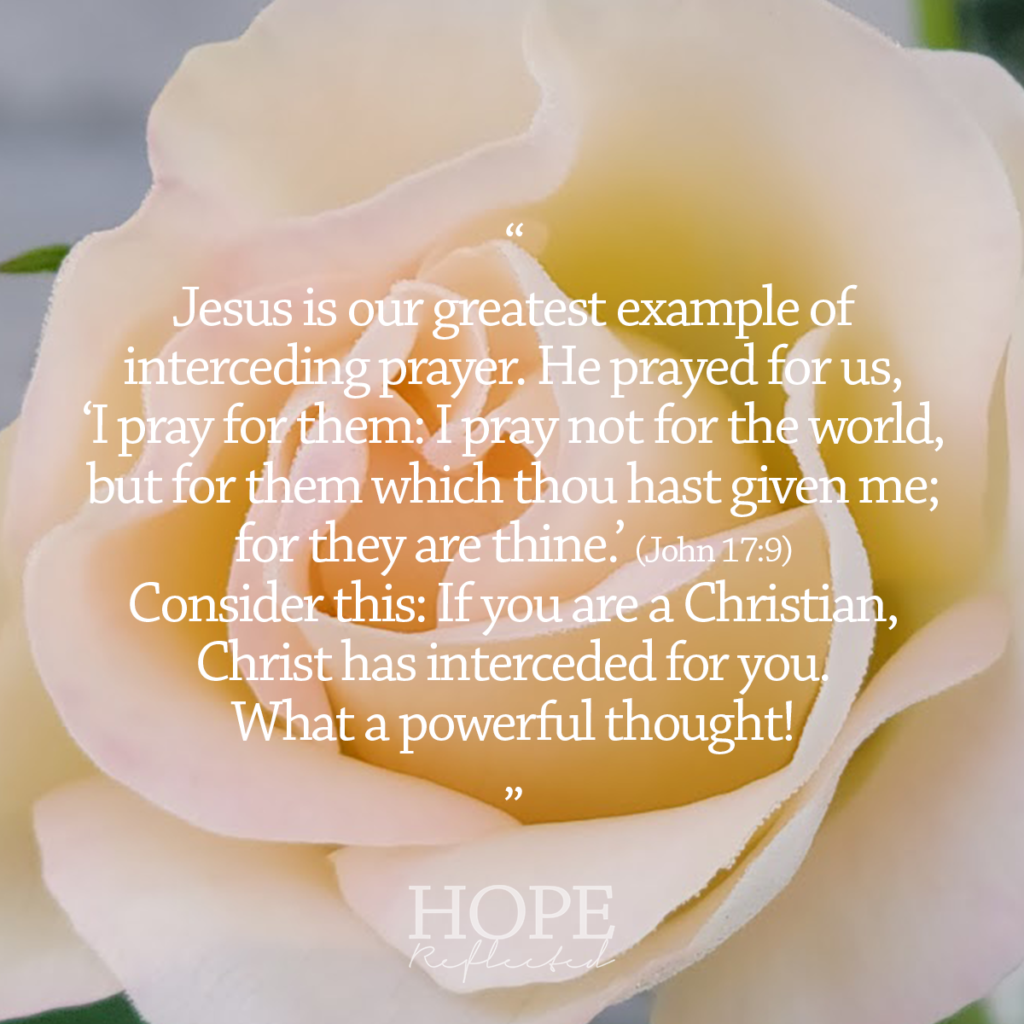
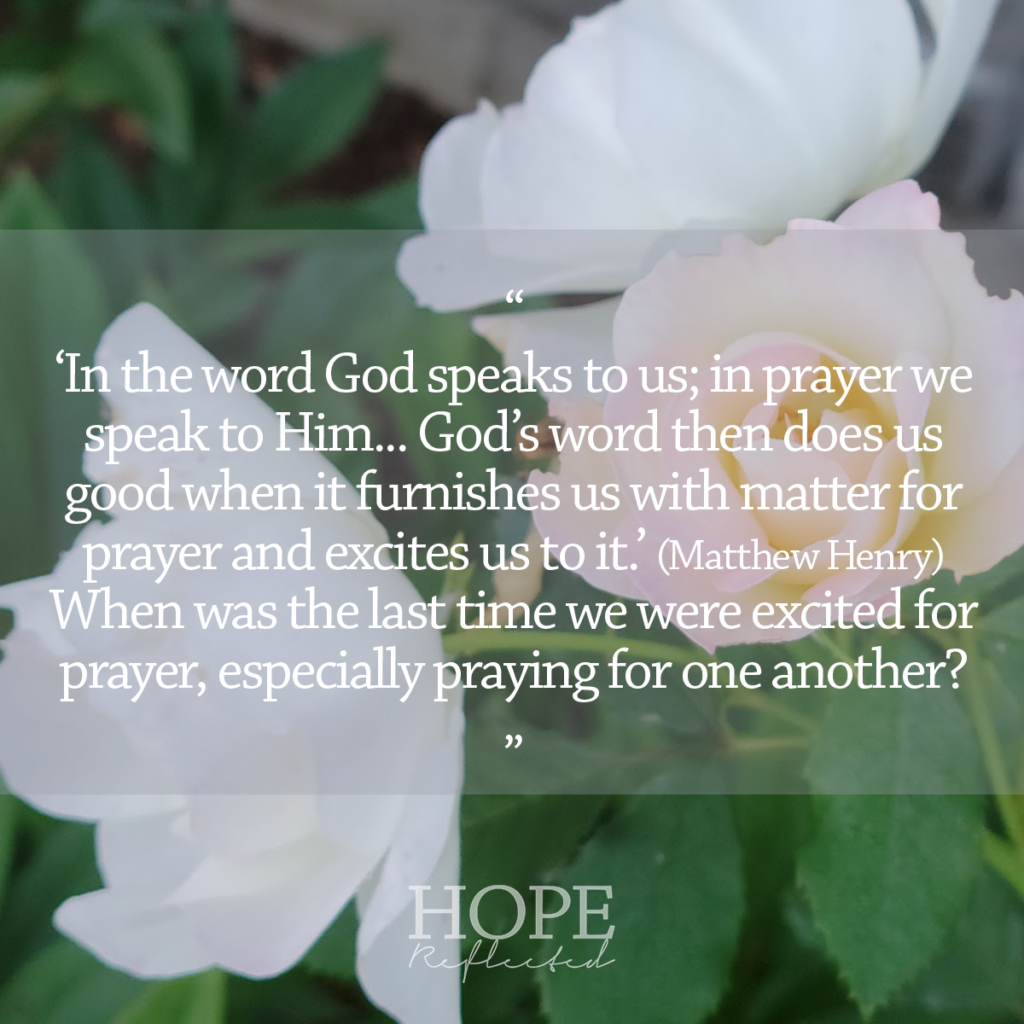

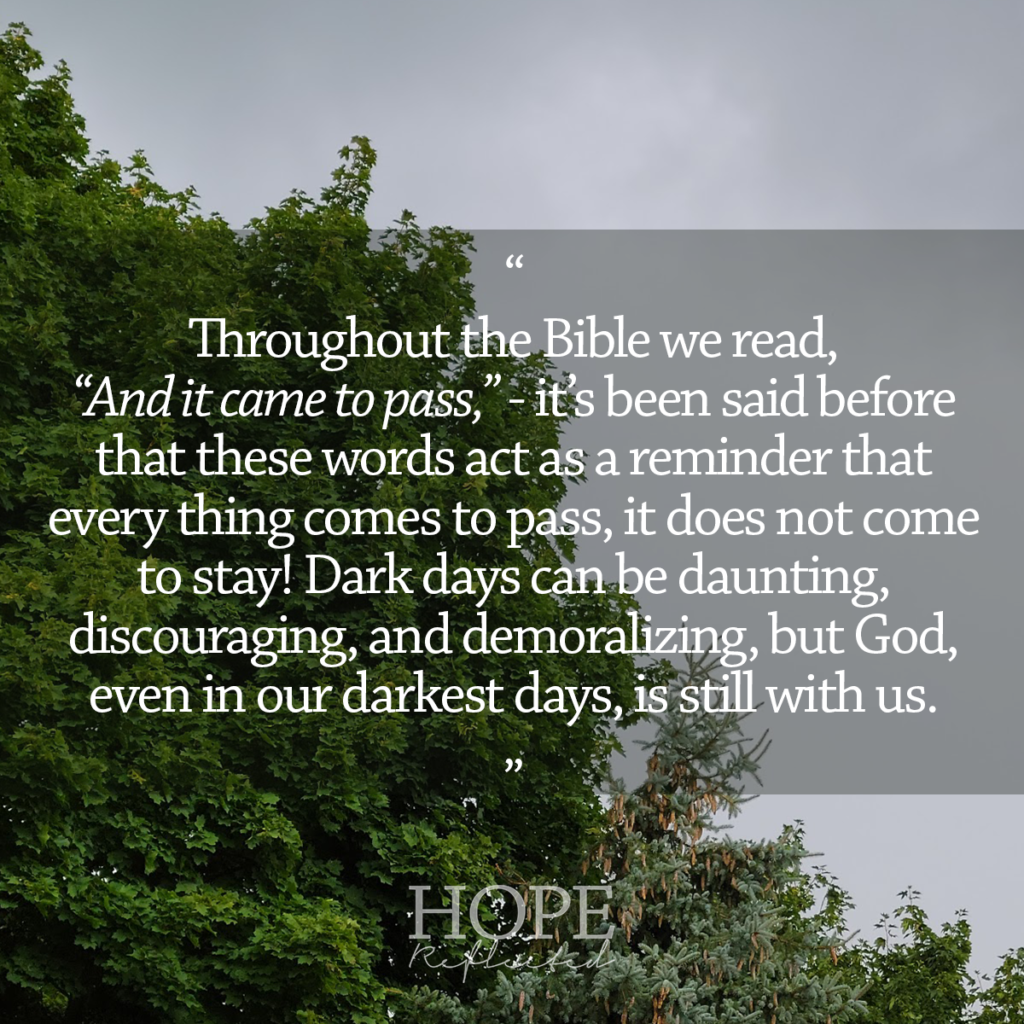

![False friends or counterfeit kindness; whatever you want to call it, the world is filled with people who will say one thing to your face and then another behind your back; people who will woo you in order to get something from you.
It’s sad, but it’s true.
The Bible provides us with examples from Joab to Judas, and yet, we’re surprised when we find ourselves deceived and hurt by someone else.
So what are some of the hallmarks of a true friend?
You can read more about this on hopereflected.com [Link in profile]
.
.
.
#friends #friendship #kindness #counterfeitkindness #hurt #proverbs #truefriends #hopereflected #blog #blogpost](https://www.hopereflected.com/wp-content/plugins/instagram-feed/img/placeholder.png)